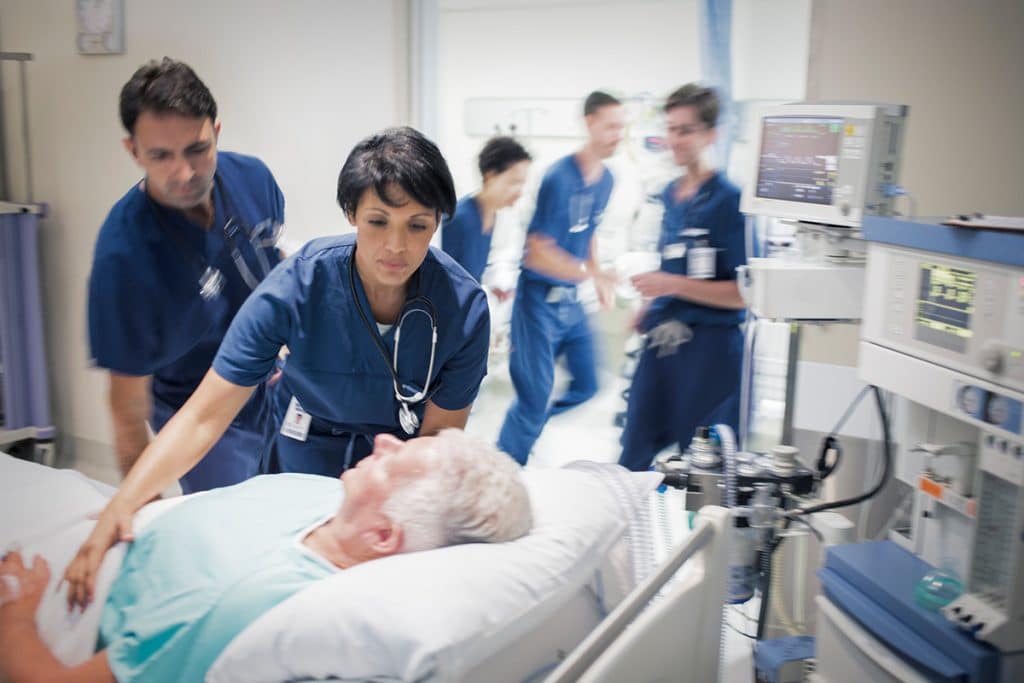How To Know If Your Dental Pain Is An Emergency

Dental pain can come on suddenly and for seemingly no reason at all. Sometimes it is a dull ache and other times it's a sharp pain. For most, it can easily disrupt daily routines.
But how do you know if it is something that can wait until you can call and make an appointment with your dentist — or if your dental pain is an emergency?
Common Dental Emergencies
Dentists receive calls from patients with all types of dental emergencies. A few of the most common include:
- A severe toothache
- Lost restoration, such as a filling or crown
- A chipped or fractured tooth
- A knocked-out tooth
- Swelling in the mouth or jaw
- A loose tooth that should not be loose
Knowing what to do in these situations can make dealing with the unexpected a bit more manageable.
Is Your Dental Pain an Emergency?
Many different things can cause dental pain, from tooth decay to sinus infections. And often, at-home care can get you through until you can see your dentist. However, when the pain becomes severe, then you may be dealing with an infection — and that is a dental emergency.
Infection can form due to decay. If left untreated, it may cause an abscess to form inside the tooth or in the area surrounding it. Signs of an abscess include:
- A visible pimple-like bump on the gum near the ailing tooth.
- Fever.
- Swelling in the face or jaw.
- A bad taste in your mouth.
An abscess is a dental emergency. If you are unable to see your dentist, go to the ER. While they will not be able to treat your tooth specifically, they will be able to provide medication for the infection.
Not addressing an abscess can put you at serious risk.
What To Do If You Have a Dental Emergency
If you are dealing with pain that is a dental emergency, then what do you do?
Dental emergencies warrant a call to your dentist. They will consult with you over the phone to determine just how much of an emergency you are dealing with. In some situations, they will want to see you right away. In others, you may have to wait until the next appointment.
In the meantime, you can try warm salt water rinses, over-the-counter pain relievers, and even cold compresses to find relief from your dental pain until you can see your dentist.
Preventing Dental Emergencies
Although you cannot prevent all dental emergencies from happening, there are things you can do to minimize the risk, including:
- When playing sports, always use a mouthguard
- Do not use your teeth as a tool to open bottles or packages
- Avoid biting down on hard things like ice, popcorn kernels, jawbreakers, bones, etc.
- Ditch bad habits such as biting your nails or chewing on pen caps
Of course, one of the best ways to prevent dental emergencies is to address issues before they get out of hand. That means attending your routine preventative cleanings with your hygienist which could be every 3, 4 or 6 months. A treatment plan will be developed with the dentist for any areas of concern so that they may be taken care of before they can get worse. For instance, treating signs of gingivitis before it turns into advanced gum disease.
Frequently Asked Questions about Dental Emergencies
Is a cracked tooth a dental emergency?
It depends. Small cracks or chips warrant a visit to the dentist but are not necessarily a dental emergency. However, if more than half of the tooth is fractured or chipped, you are in severe pain, or the tooth will not stop bleeding, then you may be dealing with an emergency.
What should I do if a tooth is knocked out?
Find the tooth and rinse it under water holding only the crown. Try to place it back into the socket or, as an alternative, place it in a cup of milk or saliva. Contact your dentist right away as time is of the essence to save the natural tooth.
Emergency Dental Treatment at Whitby Dental Studio
If you are in the Whitby, Ontario area and find yourself dealing with a dental emergency — the team at Whitby Dental Studio is here for you. Contact us at 905-666-2750
Of course, if you are experiencing severe bleeding, broken bones, symptoms of a systemic infection, or any life-threatening situation, call 911 or go to the closest emergency room right away.
